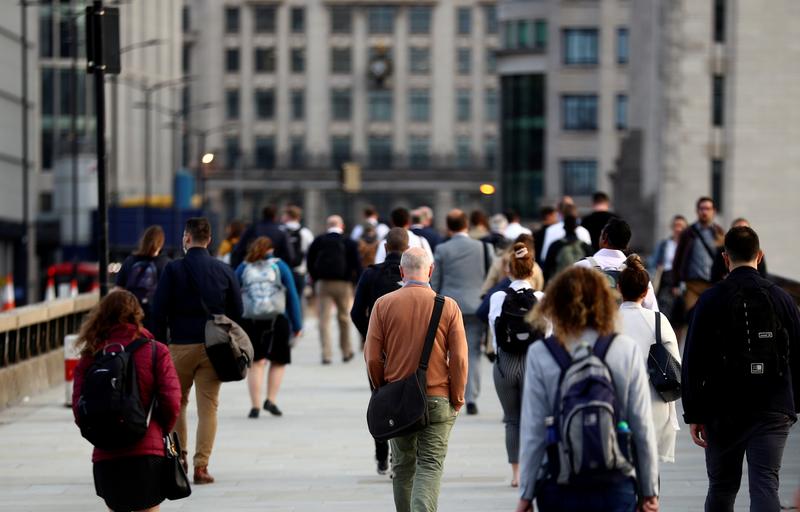Despite slowing under the weight of the ongoing cost-of-living crisis, the UK economy is running out of workers. Since July, employment growth has sharply declined as the labour pool dried out amid the summer’s heatwave episodes. Also, the pandemic is believed to have affected job growth.
On Tuesday, the Office of National Statistics (ONS) reported that only 40,000 net jobs were created in the said period. On the other hand, 160,000 net jobs were created in the three months through June.
Also, the number of vacancies decreased the most in two years. However, openings remained at a historically high level of 1.266 million, and employment stood at another all-time high of 29.7 million. While the job growth is slow, the unemployment rate fell to 3.6 per cent of the population, the lowest in nearly 50 years. This is primarily due to the overall number of people leaving the workforce altogether.
The economic inactivity rate increased by 0.4 per cent to 21.7 per cent, predominantly driven by those aged 16 to 24 years and those aged 50 to 64 years. As per the ONS, the jump was due to long-term sickness in the elder bracket.
The pound responded positively to the news since the data implicitly implied that the Bank of England would continue to raise interest rates aggressively to rein in inflation. By 03:10 ET (07:10 GMT), it was up 0.3 per cent at USD 1.1710. It also increased 0.1 per cent against the euro to 1.1555.
 Live
Live

